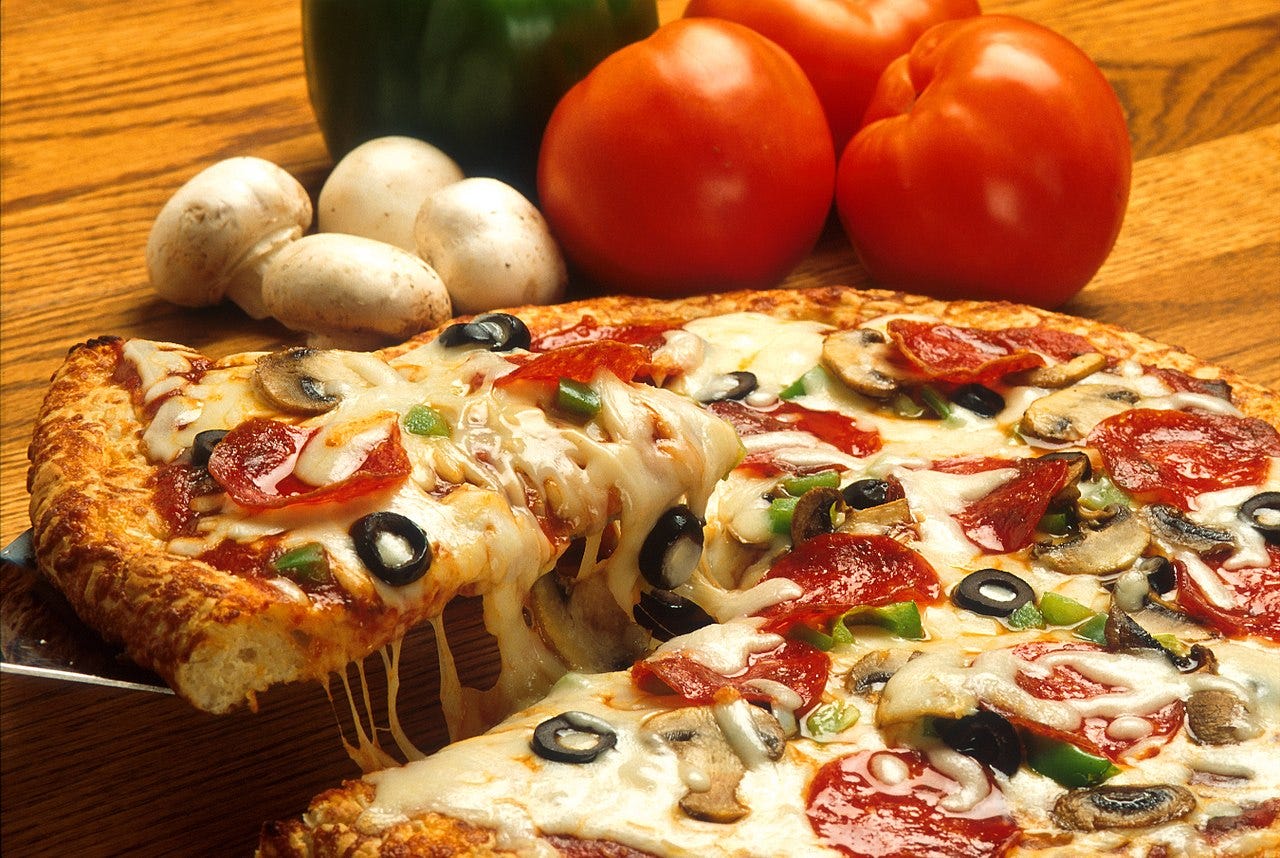2022 will be the year of the pizza-making robot


A robot-powered mobile pizzeria is set to launch in Los Angeles in 2022. We've heard this idea before -- pair robot-created pizza with mobile delivery -- and it ended in disaster. Will this version take off?
Innovation
It just might, and the timing could be a key ingredient. It's often the case that being first to the party isn't advantageous. Zume Pizza, once reportedly valued at a somewhat ludicrous $2+ billion, learned that lesson the hard way, closing up its robotic pizza business in early 2020 and laying off more than 100 employees.
But where Zume's lofty ambitions of becoming an efficiency-obsessed logistics enterprise, something akin to the Amazon of pizza, led to a burn rate that topped $10 million per day, new outfits and old favorites are taking a more measured approach to technology-enhanced pizza and doing so in a post-COVID-19 pandemic environment that's shifted the quick-serve industry on its access. That includes developers like Piestro, which makes a made-to-order pizza vending machine, and even sector staples like Little Caesars, which recently patented a pizza-making robot. Another company, Basil Street, has automated pizza kitchens spread out across the country in military bases, corporate offices, universities, hospitals, and now in an airport.
The latest example is the robotics-powered mobile pizza restaurant, Stellar Pizza, which recently announced it will launch in the emerging tech hub of Los Angeles in Spring 2022. The company is the brainchild of former SpaceX engineer turned CEO Benson Tsai. SpaceX alums make up the engineering team, as well, and the recipes are partly the creation of former SpaceX Executive Chef and Director of Culinary Services Ted Cizma.
The idea is to use cutting-edge technology and advanced robotics to revolutionize pizza prep and delivery. With its new pizza machine, Stellar Pizza can create a fully baked pizza in under five minutes at a production rate of a pizza every 45 seconds. The robot is part of a food truck concept that can deliver a larger quantity of fresh, gourmet pizzas more consistently than its brick-and-mortar counterparts. Sound familiar?
The business model isn't far off from Zume's, except that Zume's ambitions caused it to topple. Zume attracted $375 million from SoftBank's Vision Fund and began to scale with great technology before having a viable business plan. The company also missed the biggest boon to the food delivery sector since wax-lined paper containers: a global pandemic that in one swoop eliminated in-person dining for much of the world for a long stretch and attuned consumers to an obsessiveness with sterile preparation practices.
Enter the robots. Developers have been doing backflips, and early entrants into the automated food prep space, including the creators of Flippy, the burger-making robot, are hitting an adoption stride that would have seemed unlikely not long ago. Salad-making vending machines and autonomous ground robots delivering takeout are now a reality, albeit a nascent reality confined for the time being to smaller testbeds. In that light, Zume's flop in January 2020 might seem a bit like that video of the marathon runner collapsing just before the finish line.
For Stellar, the robotic pizza-making process starts with a freshly prepared ball of raw pizza dough, which gets pressed and shaped into a round pizza crust. Then, house-made sauce and fresh toppings are added. Lastly, the raw pizza is inserted into one of four high-temperature custom-designed ovens to bake to perfection. In other words, it's exactly how you'd make a pizza if you were a human; a robot just does it. There's nothing particularly unsettling or unexpected in the idea of automating a repeatable, high-output process. Frankly, the guy with flour all over his arms twirling a pie at a creosote ceiling is a bigger head-scratcher.
That's why robotic pizza production is a good idea, one that's bound to take off sooner rather than later. Whether Stellar -- or any company -- emerges as a revolutionizing player in a sector that seems to be doing pretty well remains to be seen. Pizza production will almost certainly benefit from new technology. But the pizza game probably doesn't need a new unicorn.